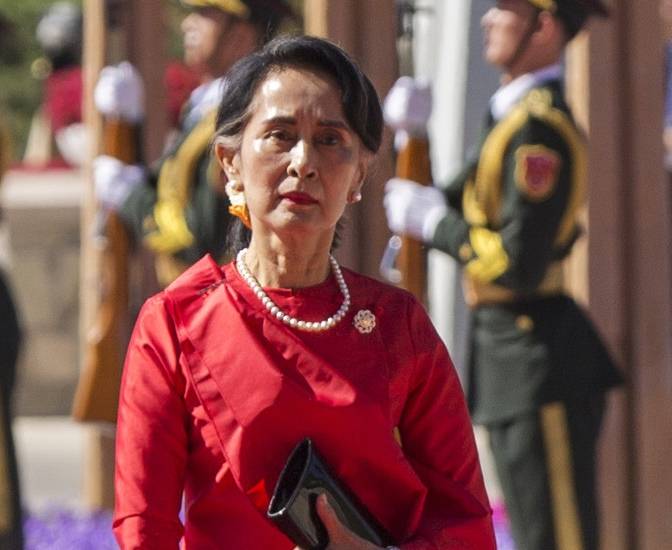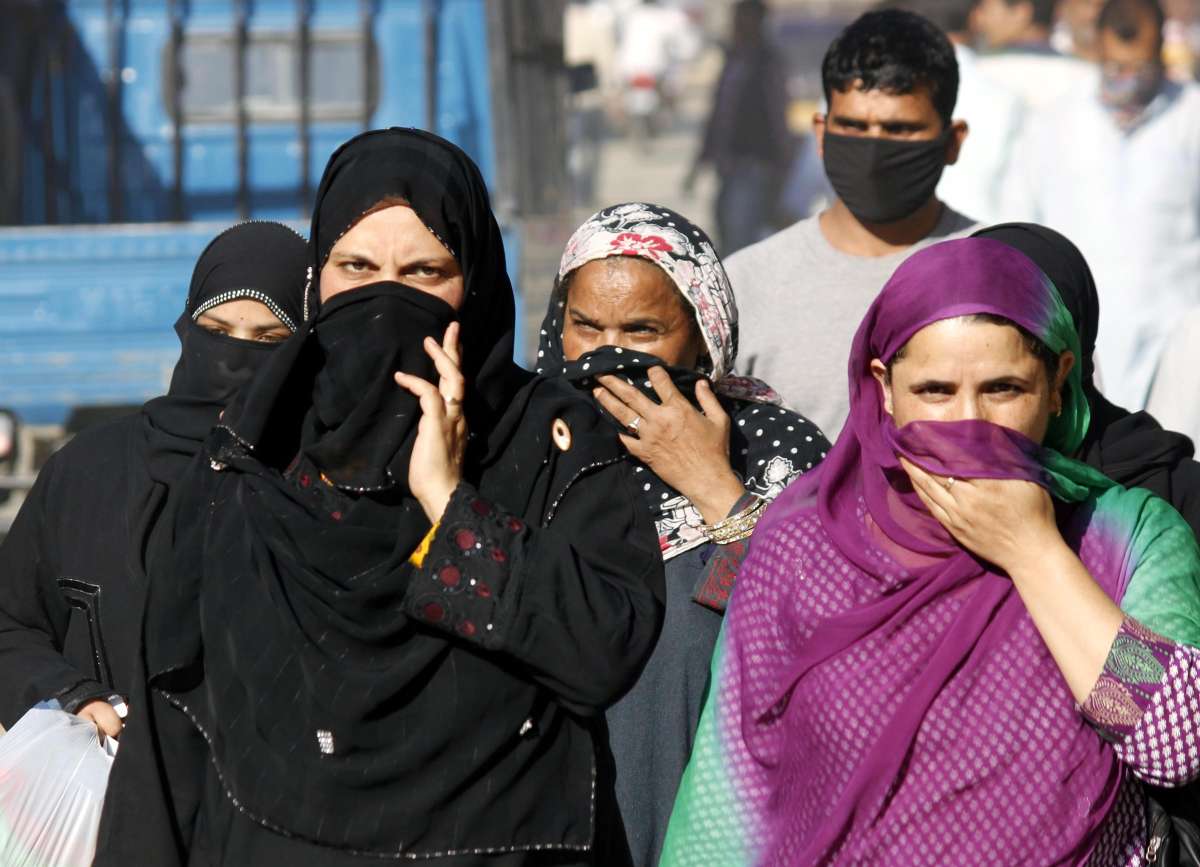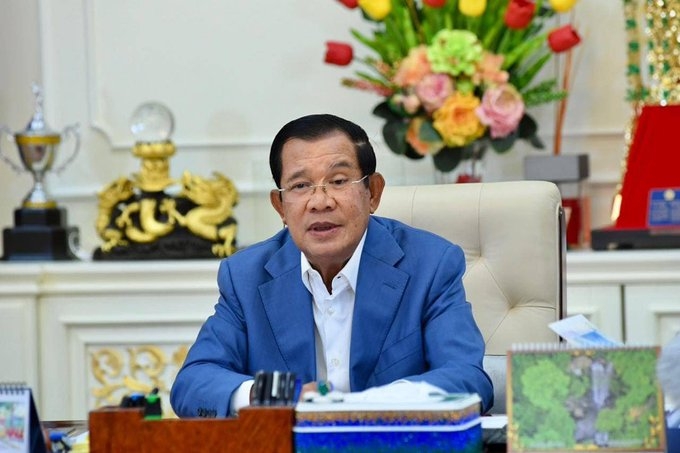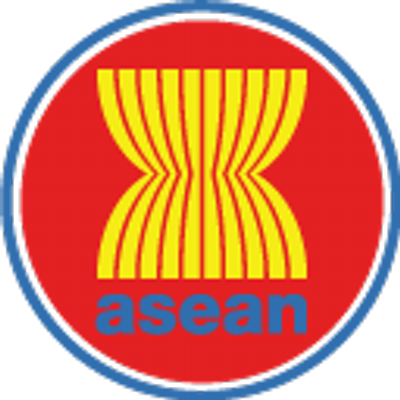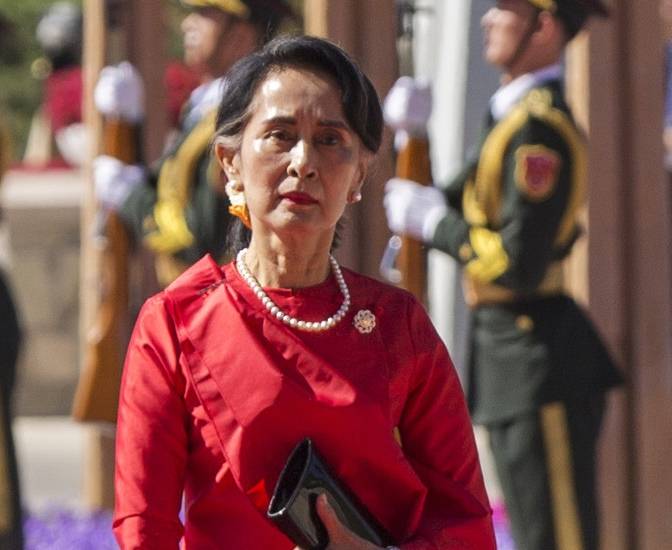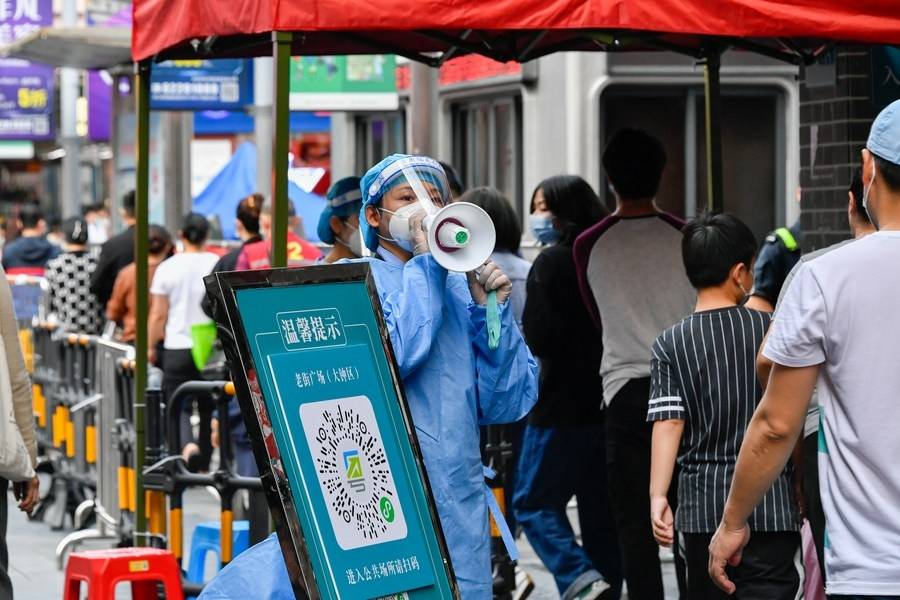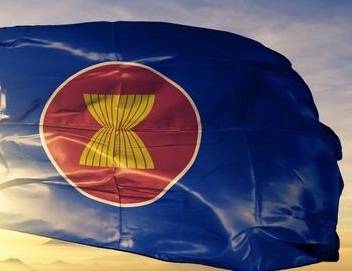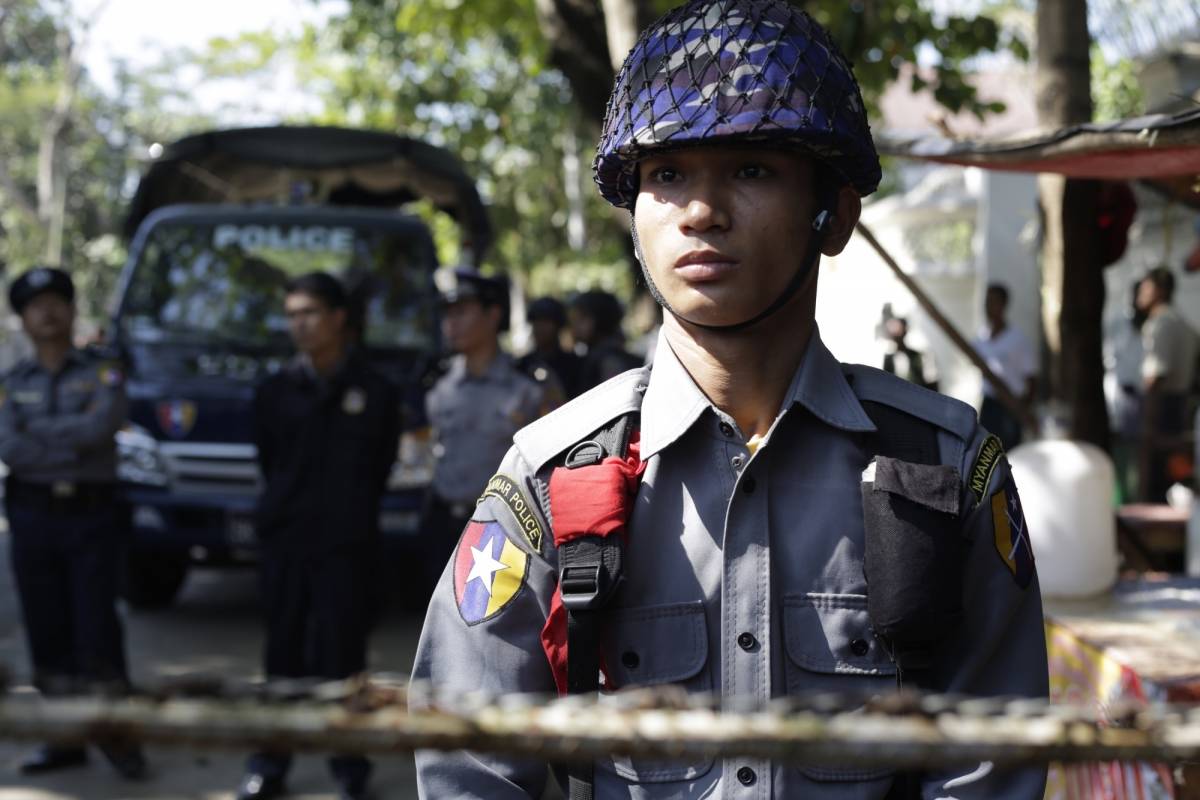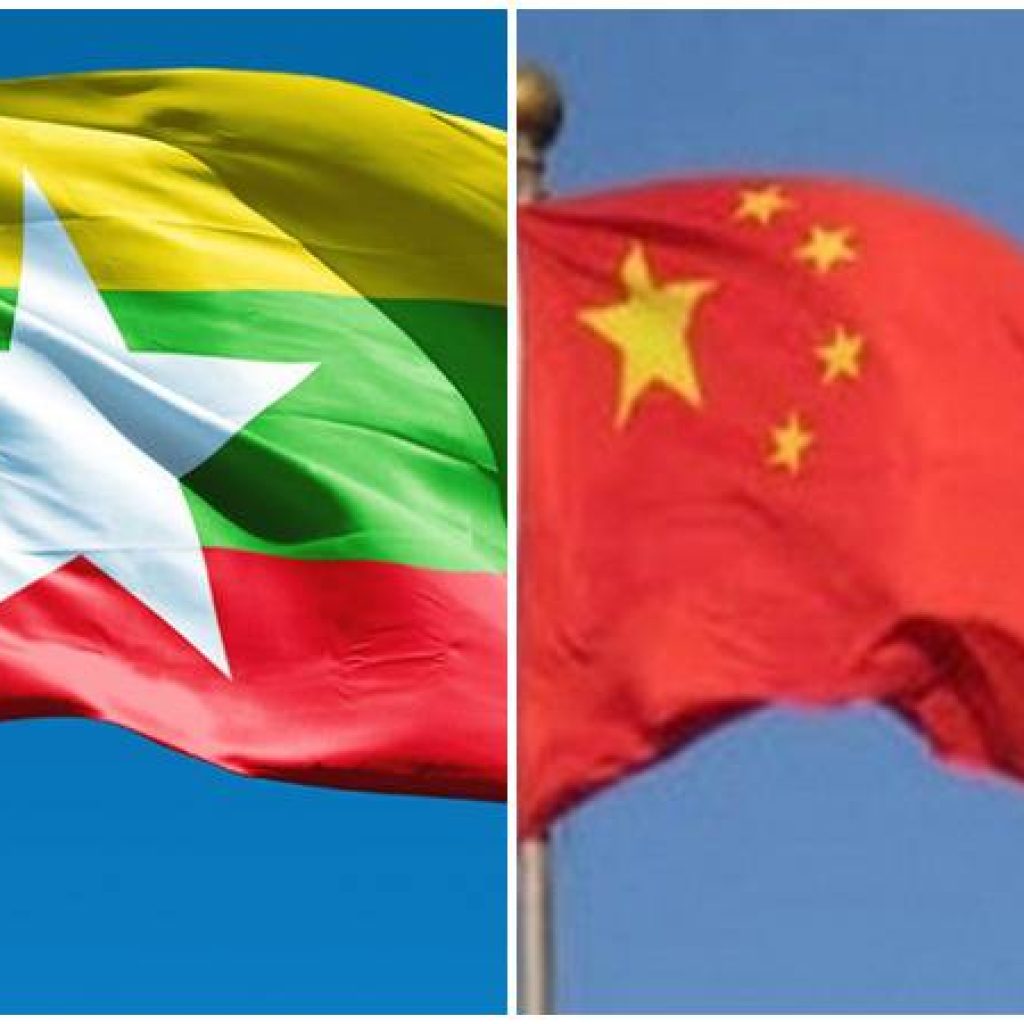Prior to Wednesday’s ruling, the court had sentenced a total of 23 years in imprisonment for 12 other convictions, and after the recent verdict, the total prison time went to 26 years…reports Asian Lite News
Myanmar’s ousted leader Aung San Suu Kyi on Wednesday was sentenced to three years in jail for corruption, bringing her total prison time to 26 years.
The Mandalay Region High Court handed down the sentence at a junta-controlled closed court in the Naypyitaw Detention Centre, News Agency, Myanmar Now reported.
The allegations were made by the businessman Maung Weik, who in video testimony recorded by the junta in March 2021 accused the State Counsellor of accepting more than USD 550,000 in bribes on the four occasions they met between 2018 and 2020.
Businessman Weik said in a statement that was no one when he gave the money to Suu Kyi.
However, at a hearing on May 31, he testified that he gave the funds in question to an official from the Daw Khin Kyi Foundation, a charity run by Suu Kyi and named after her late mother, according to Myanmar Now citing a source in Naypyitaw who is familiar with the court proceedings.
Notably, prior to Wednesday’s ruling, the court had sentenced a total of 23 years in imprisonment for 12 other convictions, and after the recent verdict, the total prison time went to 26 years.
According to Myanmar Now, businessman Weik is known to have formed close relationships with members of the military’s inner circle and to have operated a range of business enterprises through his connections to Myanmar’s generals. It is pertinent to mention that Maung Weik’s wife is also the niece of Myint Swe, the former military-appointed Vice President who the junta named as acting President following the February 2021 coup that ousted Suu Kyi’s elected National League for Democracy (NLD) government, reported Myanmar Now.
Earlier, on September 29, a special Myanmar military court sentenced the country’s deposed leader and members of her economic team to three years in jail. San Suu Kyi’s team included Australian economist Sean Turnell who was imprisoned for violating the Official Secrets Act, The Irrawaddy news website reported.
Turnell, a former key economic adviser to Suu Kyi, was detained by the Mynamar military shortly after last year’s coup, which ousted the National League for Democracy (NLD) government.
Back in August, she was handed a six-year sentence for four corruption charges after the military accused her of abusing her position as party leader to benefit a private foundation named after her mother, Daw Khin Kyi, as well as an affiliated project.
Notably, the military detained Suu Kyi in February 2021 as it seized power in Myanmar.
Myanmar’s military leader Senior General Min Aung Hlaing is the one who led a coup against an elected civilian government in 2021 and detained Aung San Suu Kyi over alleged election irregularities. In August last year, Min Aung Hlaing declared himself Prime Minister of a newly formed caretaker government. During an address to the nation on August 1, he repeated a pledge to hold elections by 2023. (ANI)

